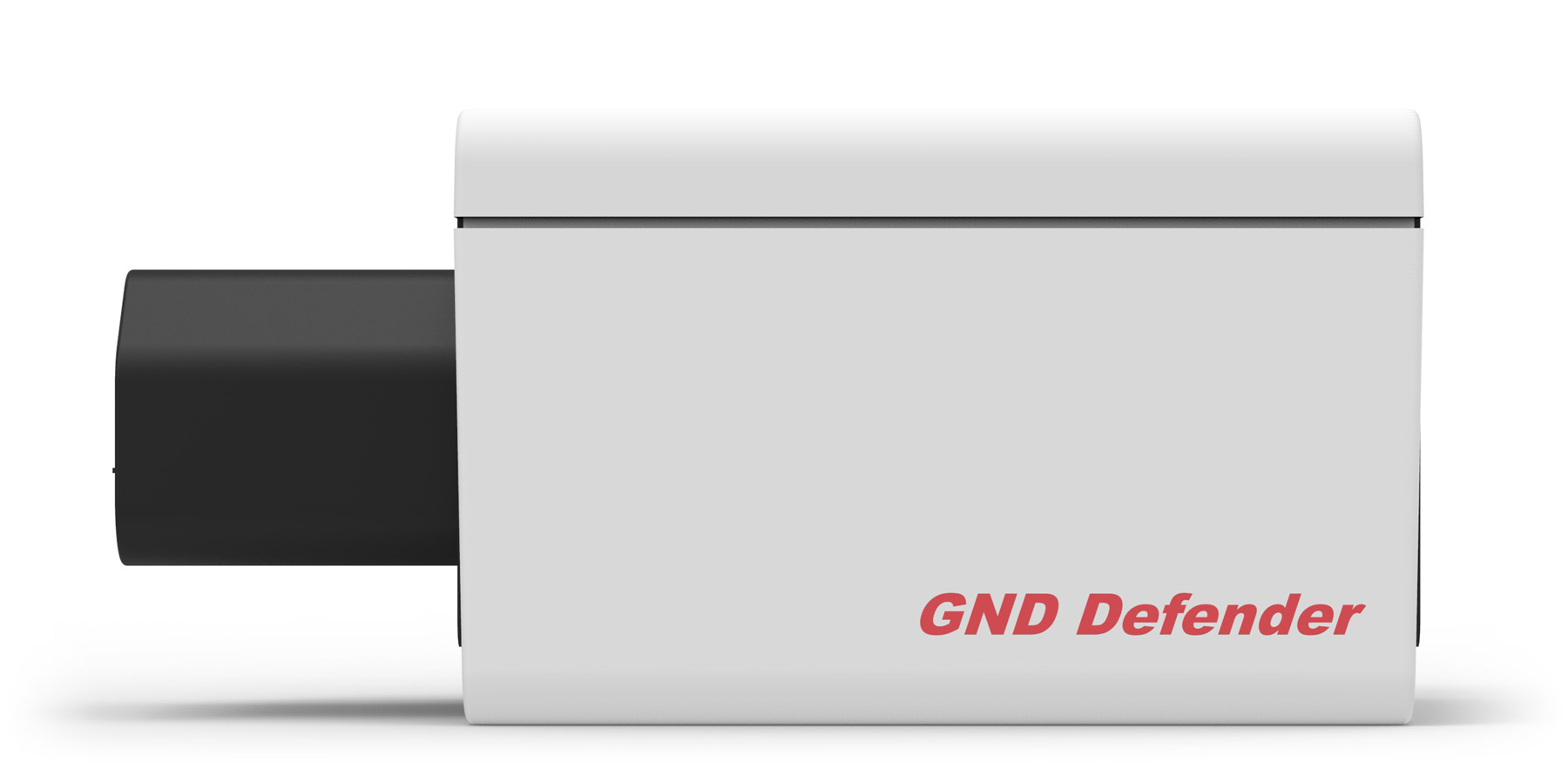Phil Bishop
pfm Member
I have an issue with buzz from an Audio Technica LP5X turntable which is driving me nuts. I thought I had it sorted but somehow I seem to have lost the fix (no idea how) and it has returned. Tried all sorts of things, grounding to phono pre-amp, grounding to mains earth, grounding to both. I can reduce it but it never seems to fully go away.....well, it did but like I say I seem to have lost that fix.
One thing I keep on hearing is "avoid ground loops". Can someone explain to me in layman's language what these are and how to avoid them?
Any advice appreciated.
One thing I keep on hearing is "avoid ground loops". Can someone explain to me in layman's language what these are and how to avoid them?
Any advice appreciated.


